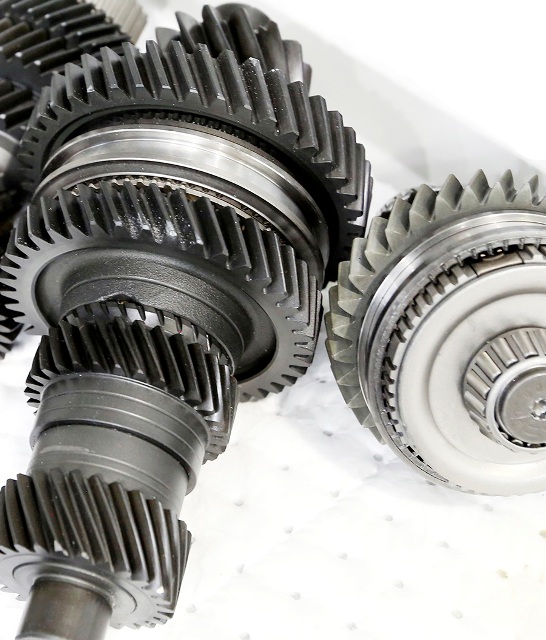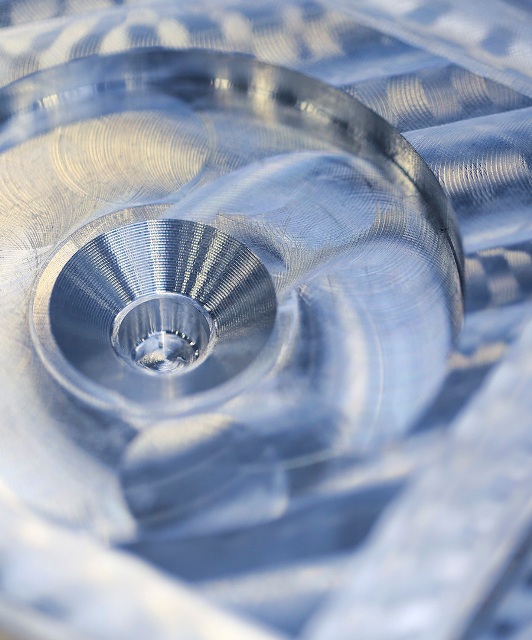Jan 5 2016
The Centre for Process Innovation (CPI) and nine other European partners are collaborating in the design, scale-up and build of a high energy ball-mill (HEBM) pilot plant for the production and validation of innovative nanostructured powders. These advanced powders will be able to be used in a number of high value manufacturing applications such as cutting tools, medical implants and a range of aerospace and automotive components.
 Building a specialist pilot plant for the production of high value nano-structured powders
Building a specialist pilot plant for the production of high value nano-structured powders
The work is part of a four-year European research and development project titled ‘PilotManu’ which began in 2013 and is due for completion in September 2017. The project is well underway and has already experienced excellent results regarding the performance of the advanced powders for use in abrasive tools and the development of the pilot plant.



The €5.3 million project, which is partially funded by European Union’s Framework Programme Seven (FP7), involves ten partner organisations across seven countries, bringing together various capabilities such as process engineering, materials investigation, product development and prototyping, characterisation, application testing and process economics. The project partners include CPI alongside MBN Nanomaterialia, IMDEA Materials Institute, +90, Putzier, INOP, Manudirect, IMPACT INNOVATIONS GmbH, Matres and Diam Edil SA.
PilotManu is manufacturing the nanostructured powders using a proprietary high energy ball milling technology developed by lead partner MBN Nanomaterialia. The technology will allow for the manufacture of innovative advanced powders with ultrafine crystalline structures, meaning that products can be optimised to enhanced strength, reduce weight or provide excellent wear, corrosion or thermal resistance. The achievements from the project will create a number of new product opportunities in not only the automotive and aerospace sectors but also in other high value markets such as healthcare and energy amongst others.
However, currently low productivity and high material costs remain a major barrier for the commercialisation of advanced powders that are manufactured by high energy ball milling techniques. PilotManu is working to remove this barrier by scaling-up the manufacturing process and improving production efficiencies.
Commenting on the project, Dr Charanjeet Singh, Innovation Manager at CPI adds, “We are delighted with the progress of the PilotManu project so far. The consortium has been able to design and scale-up the manufacturing process. The pilot plant will come online in the next few months and we anticipate the production of some truly innovative powders which will be validated for their suitability and performance in a number of value adding applications.
The pilot plant and the associated products developed by the consortium will significantly reduce the current productivity and cost barriers that are in the way of the market adoption of advanced powders. Once concluded, the consortium will demonstrate the technological and economical viability of the pilot line by incorporating the powders into advanced materials targeted at a number of applications such as wear resistant coatings, abrasive tools and additive manufacturing applications. The nano-scale features of these materials will allow for significant improvements in material performance such as physical-chemical-mechanical properties compared against bulk scale materials.”
Project Coordinator Prof. Paolo Matteazzi from MBN Nanomaterialia adds:
“We expect that the High Energy Ball Milling pilot plant being developed in the PilotManu project will enable MBN Nanomaterialia to overcome the productivity and cost barriers that are currently preventing the commercialisation of the advanced nanomaterials. The new pilot manufacturing line, based on the upscaling of a current HEBM facility, will increase production by ten times and allow us to enter the market for three main lines of innovative products and technologies; the diamond tool industry, CerMet and alloys for wear resistant coatings and new mechanical alloyed composites for additive manufacturing. Beside applications being developed in the project, the new pilot line will allow us to exploit the potential of advanced materials synthesized by HEBM in additional areas such as energy harvesting materials using high temperature thermoelectrics, metal hydrides for energy storage and high temperature ODS alloys for fossil energy application and also nano-composite polymers for functional textiles and packaging.”